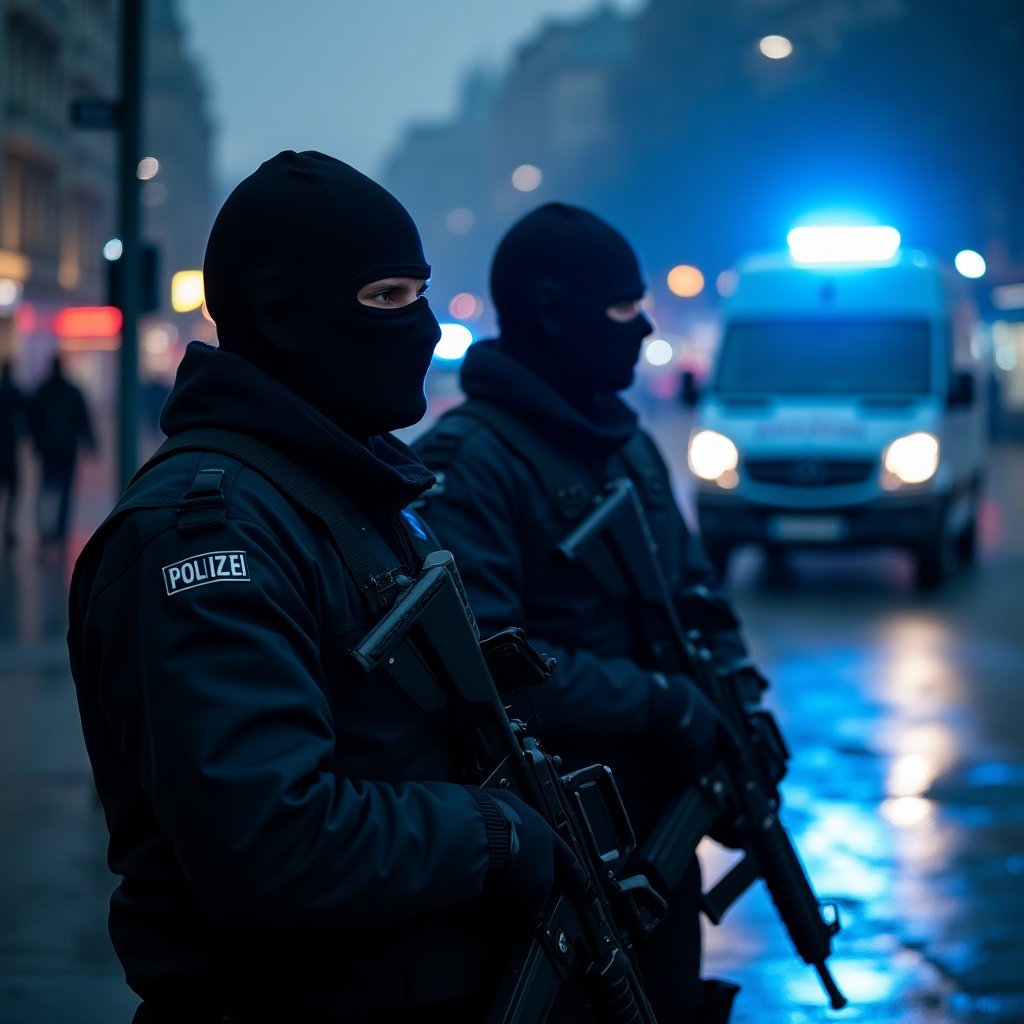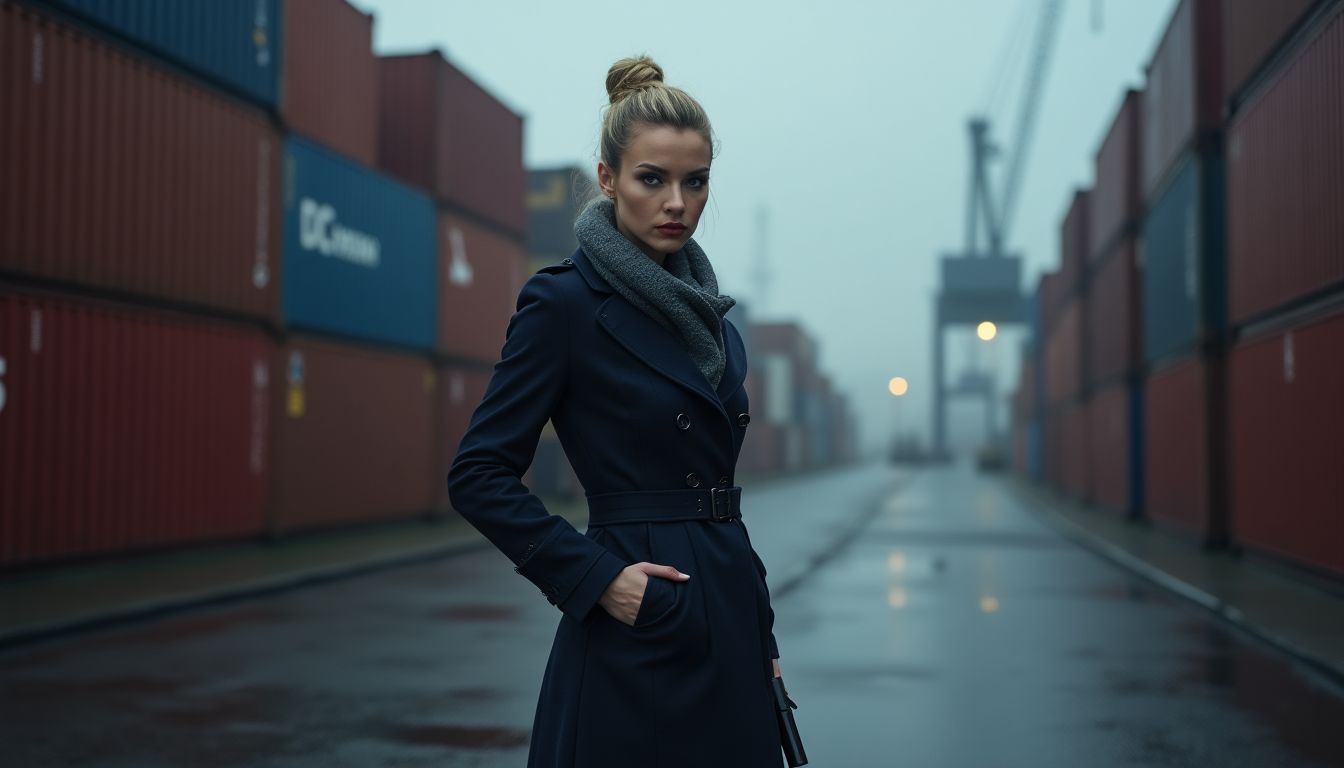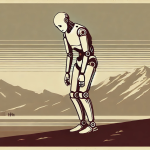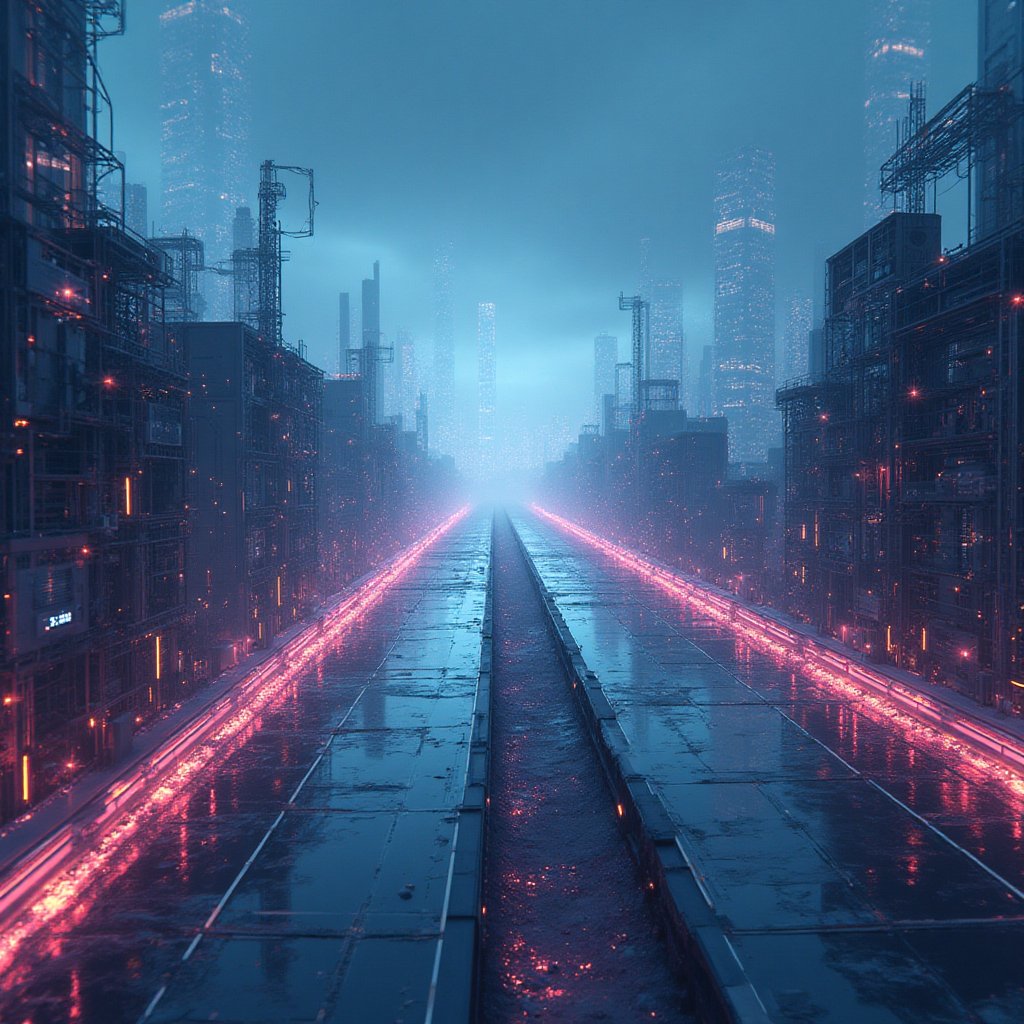Bombings on the streets of Germany. Threats to political figures in the Netherlands. Torture chambers uncovered in Rotterdam. While these might sound like scenes from an action thriller, they are part of a chilling reality that DW Documentary has bravely illuminated in its latest exposé on the cocaine trade and its violent repercussions. With criminal gangs unleashing an unprecedented wave of drug-related violence, one might wonder: are we fighting a war we can't win?
In a world where a kilogram of cocaine morphs from a modest moneymaker in South America to a glittering, high-stakes jackpot in Europe, all bets seem off. Drug cartels, as DW Documentary reveals, behave like corporate emperors, flooding markets, executing competitors, and imperiously challenging states. In Germany, the chaos climbs new heights as police ramp up efforts to intercept billion-dollar profits crafted from clandestine operations-half a world away-yet tantalizingly close.
The drug lords are no mere bogeymen. With a flick of a finger or a whispered word, they promise fortunes that can fuel dreams or nightmares, breeding a cultural and societal Pandora's box. "They have so much money," notes the report, casually ordering hits on journalists and public servants like menu items at a luxury restaurant. And as with all tales of riches and revenge, this narrative shivers with high drama and real peril, inviting us into a conversation about security, strategy, and survival.
The Trade Route: From Jungle Labs to European Streets
To understand the enormity of this situation, one must begin where the story itself does: in South America. German interior minister Nancy Faeser and Martina Link, Vice President of Germany's federal police agency, embarked on a journey to the jungles of Ecuador and Peru, the simmering heartlands of cocaine production. Their mission? Not a summer vacation, but an attempt to build alliances, procure equipment, and offer training to these nations teetering on the edges of narco-states.
Navigating the murky waters of international politics and criminal justice, these representatives engaged in urgent dialogues aimed at "destroying those structures" perpetuating the drug trade. A liaison officer stationed in Ecuador and a security agreement with Peru were born of these negotiations, each bringing its own sliver of hope amid the chaos. This level of collaboration, as DW Documentary vividly demonstrates, underscores the complexity of dismantling the cartel's labyrinthine networks.
An Economy Laced with Danger
Economists might drool over the exponential profit margins this trade entails: from an equivalent of 2,300 euros per kilogram in South America to a jaw-dropping 37,000 euros in Europe. Yet the real bait lies in Germany's market value-an astronomical figure, nearly double that of its journey across the Atlantic. The silver lining? German authorities have seized a record 43 tons of cocaine in 2023 alone, giving pause to distributors with each intercepted batch.
Cue dramatic music, but real consequences. This is no high-fantasy escapade, but a very real, very risky business worth billions, and one that carries deadly repercussions for anyone who gets caught in its crossfire. Humor? Hard to come by when lives are threatened, careers lost, and societies destabilized. But as the DW Documentary exposes, the drama is no less gripping than a Netflix original.
Culture under Siege: The Dutch Experience
Flower-laden Holland becomes a battleground in DW Documentary's harrowing tale of resistance and revenge. Renowned Dutch journalist, Peter de Vries, fell victim to a contract killing, his 'crime' challenging the Mocro Mafia—an enigmatic yet brutal conglomeration of gangs. The ensuing investigation unveiled a horrifying tapestry of premeditated murder, surveillance, and taunting texts exchanged among the perpetrators.
Marking the headlines about an attempt to drag former Dutch Prime Minister Mark Rutte into the underworld's courtroom, the film does not shy away from depicting the grim and gripping climax: shipping containers doubling as soundproof torture chambers. It's no wonder, then, that de Vries's murder sent ripples of fear surging into the legal profession with royals like Princess Amalia feeling the heat—a chilling reminder that power, influence, and family connections can flame out when standing before a cartel's cold calculation.
Repercussions on German Soil
The DW Documentary broadens its lens to bring Germany into the daylight, following in the Netherlands' weary footsteps. Gang wars seep over geographic borders, spreading to Cologne where bombings have made their mark. Is this crime tale tingling a cinematic nerve yet? Buildings and residences, treated as mere chess pieces on the cartels' board, are bombed into submission, rocks against the castle walls of justice.
Innocent lives dangle precariously, caught between apartment walls and the tangled webs of a gang's revenge anthem. Where barricades end, a sinister kinship begins. Dutch criminals skirting German law, influencing territories like North Rhine-Westphalia, and dealing in rival gangs' angst with reckless abandon-daring the rest of us to keep up and innovate, enforcing but never outsmarting.
Winning the War? Or Merely a..."Battle?"
For the agencies trapped in this cycle of legwork and interceptions, optimism is a tireless motor. As Hans-Joachim Leon, head of Germany's national narcotics unit attests, constant cooperation and communication are crucial yet can only do so much. Without eroding the pipelines lining criminal pockets or denting their power, any gains may only serve as sticking plasters on an ever-widening wound.
At the heart of DW Documentary's unfolding drama is a crucial realization: the war against drugs is a quagmire with no concrete winners-scores of lives entangled in the dangerous liaisons of money and brutality, worthy of even Shakespeare's highest tragedies. Youngsters caught up in the romance of rap and rich lifestyles notionally transmitted by influencers, playing pied pipers to vulnerable audiences yearning for luxe without the cost.
Will We Ever Win?
Is there a way out? How do communities fight against a tide swelling with disillusioned youth, older cohorts seeking more, power plays, and paymasters tugging invisible threads from half a world away? What must countries like Germany do to protect future generations from such relentless siege—while ensuring that justice, safety, and dignity remain more than dusty relics of a storied past?
Consider these questions as you evaluate this crisis' ripple effects. Do they summon emotions of freedom, defiance, legacy, and resilience which might encourage transformative action?
The narrative leaves us with an open door beckoning the brave: join this dialogue. Engage in meaningful conversations, debate details, and connect to the symbolic bastion that is "iNthacity". For it is the community that rises together, pledging its voice, vitality, and vantage to become architects of change in a time when society's future hangs in precarious balance.
Wait! There's more...check out our fascinating short story that continues the journey: A Crimson Whisper in Rotterdam
Disclaimer: This article may contain affiliate links. If you click on these links and make a purchase, we may receive a commission at no additional cost to you. Our recommendations and reviews are always independent and objective, aiming to provide you with the best information and resources.
Get Exclusive Stories, Photos, Art & Offers - Subscribe Today!


























1 comment